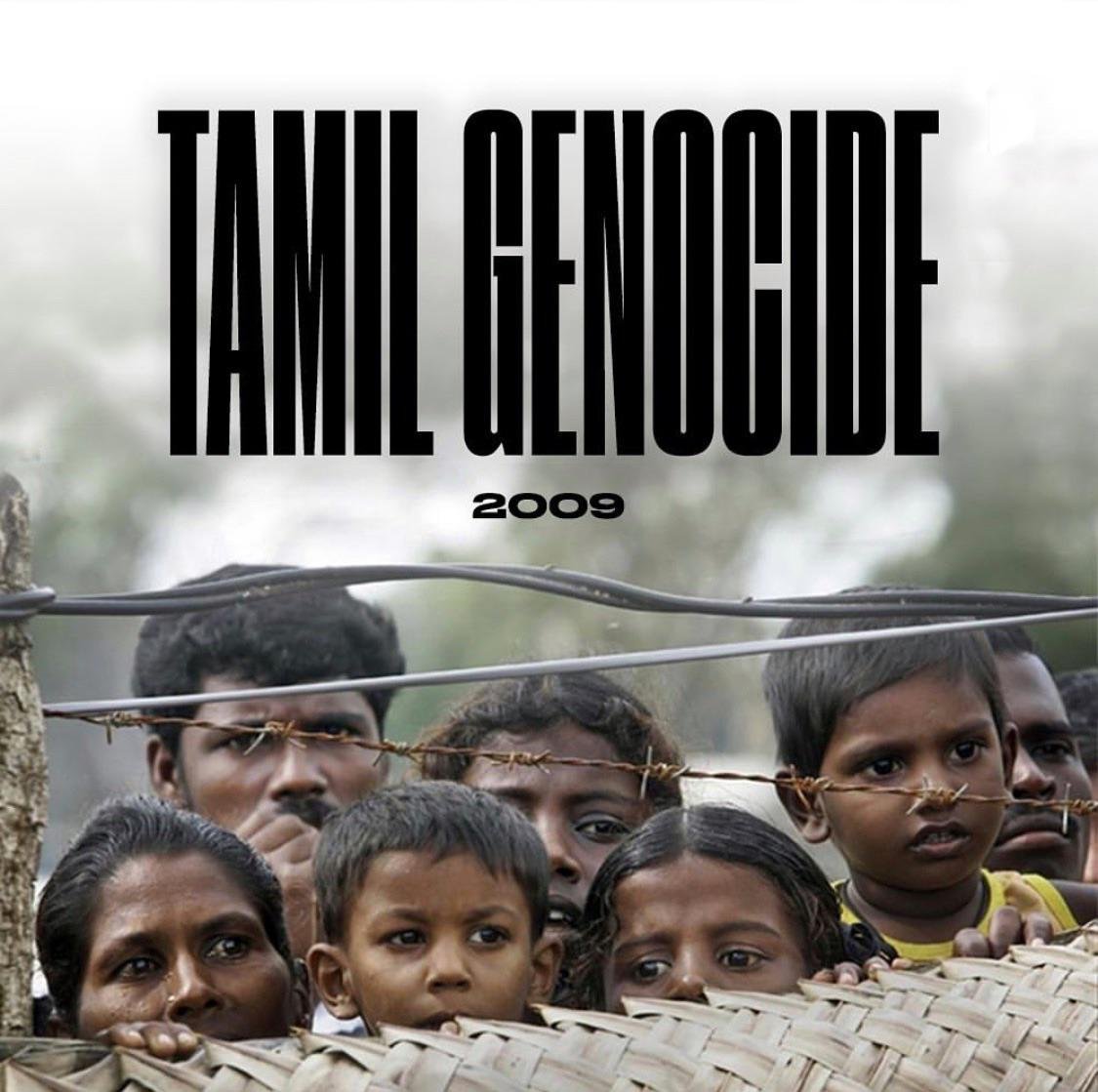
Tamil Genocide by Srilanka
The term “Tamil genocide” refers to the systematic killings, human rights abuses, and widespread violence faced by the Tamil ethnic group in Sri Lanka, particularly during the Sri Lankan Civil War (1983-2009). Here are key aspects of the events that have led to the use of this term:
1. **Historical Context**: Tensions between the Sinhalese majority and the Tamil minority have deep historical roots, stemming from issues of language, religion, and political representation. Discriminatory policies in education and employment further exacerbated these tensions.
2. **Civil War**: The conflict escalated into a civil war in the 1980s, primarily between the Sri Lankan government and the Liberation Tigers of Tamil Eelam (LTTE), a militant organisation seeking an independent Tamil Eelam. The war was marked by brutal combat, with both sides accused of committing atrocities.
3. **Human Rights Violations**: Numerous reports and investigations have documented widespread human rights violations during the conflict. This includes extrajudicial killings, enforced disappearances, torture, sexual violence, and attacks on civilians.
4. **Final Stages of the War**: The final phase of the war (2006-2009) was particularly devastating, with heavy casualties among civilians trapped in conflict zones. Reports from various organisations , including the United Nations, indicate that tens of thousands of civilians may have died during this period, leading to claims of genocide.
5. **Post-War Accountability**: After the war, calls for accountability for war crimes and atrocities committed during the conflict have been prominent. However, there has been a lack of comprehensive investigations and accountability for those responsible, leading to ongoing tensions and grievances within the Tamil community.
6. **International Response**: The international community has expressed concern over the situation, with various countries and organisations calling for investigations into alleged war crimes and advocating for the rights of Tamils in Sri Lanka.
7. **Genocide Recognition**: Some activists and organisations argue for the recognition of the events as genocide, emphasising the intent to destroy, in whole or in part, the Tamil ethnic group. This recognition is critical for justice and reparations for the affected communities.
The discourse around Tamil genocide is complex and continues to evolve, with ongoing advocacy for justice, recognition, and reconciliation in Sri Lanka.






